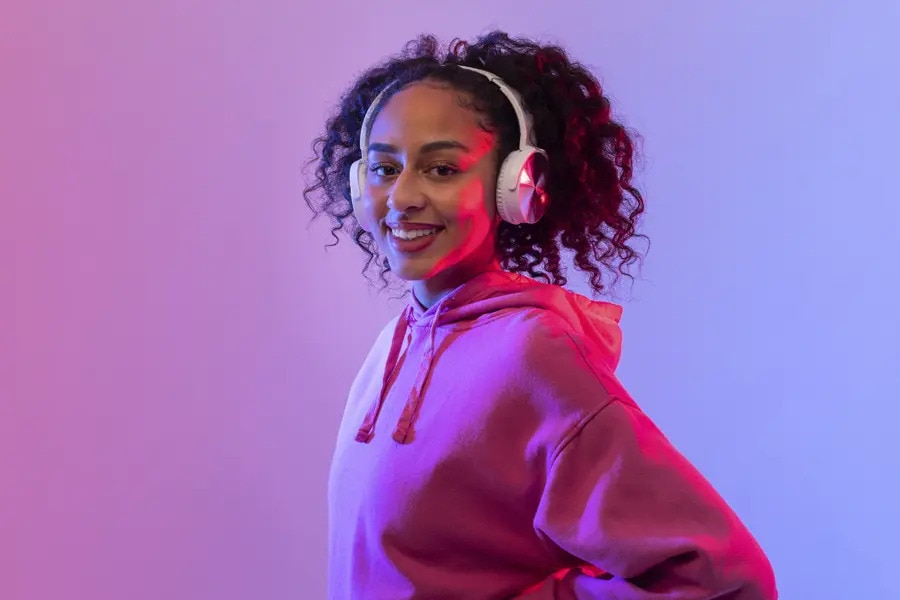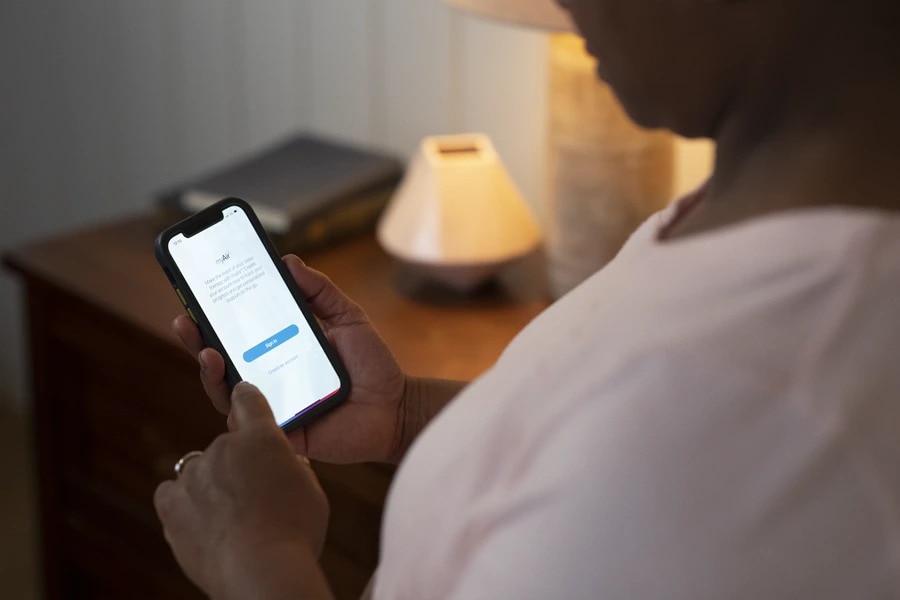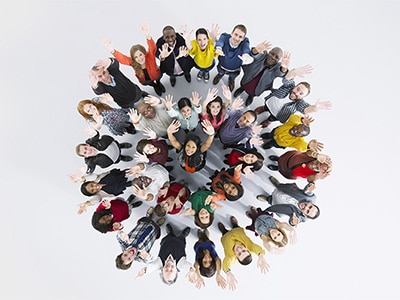A sleep study may sound rather technical, but in practice you won’t need to do much during this diagnostic test – other than sleep! So, if you’ve been told you need a sleep apnoea test at a sleep clinic, are planning a visit yourself, or are just curious about the topic, here’s our guide on what to expect before, during and after a sleep study.
Sleep studies fall into two main categories: home sleep tests and overnight studies at a sleep clinic or hospital sleep unit, which this guide is focusing on.
Because symptoms of sleep apnoea and other sleep disorders occur throughout the night, you may not be aware of all of them. So an overnight sleep study at a clinic is an opportunity for healthcare professionals to use sensors to measure things like your brain activity and heart rate during sleep – things that can’t be gauged just by looking at you.
By getting a complete, data-driven, picture of your behaviour and symptoms during a full night’s sleep, healthcare professionals can start unlocking the secrets of your sleep, and from there form a diagnosis, rule out any other health issues, and map out a treatment plan.
Home sleep tests, meanwhile, mainly monitor your breathing, so involve fewer sensors than an inpatient study at a sleep clinic. Doctors usually recommend a sleep apnoea test at home if they already strongly suspect you have sleep apnoea, so in-depth monitoring of multiple body systems is not required. You can also take an at-home sleep test to check your progress if you’re being treated for sleep apnoea. These types of tests can be done with a home sleep screening device such as the ApneaLink Air™ .




